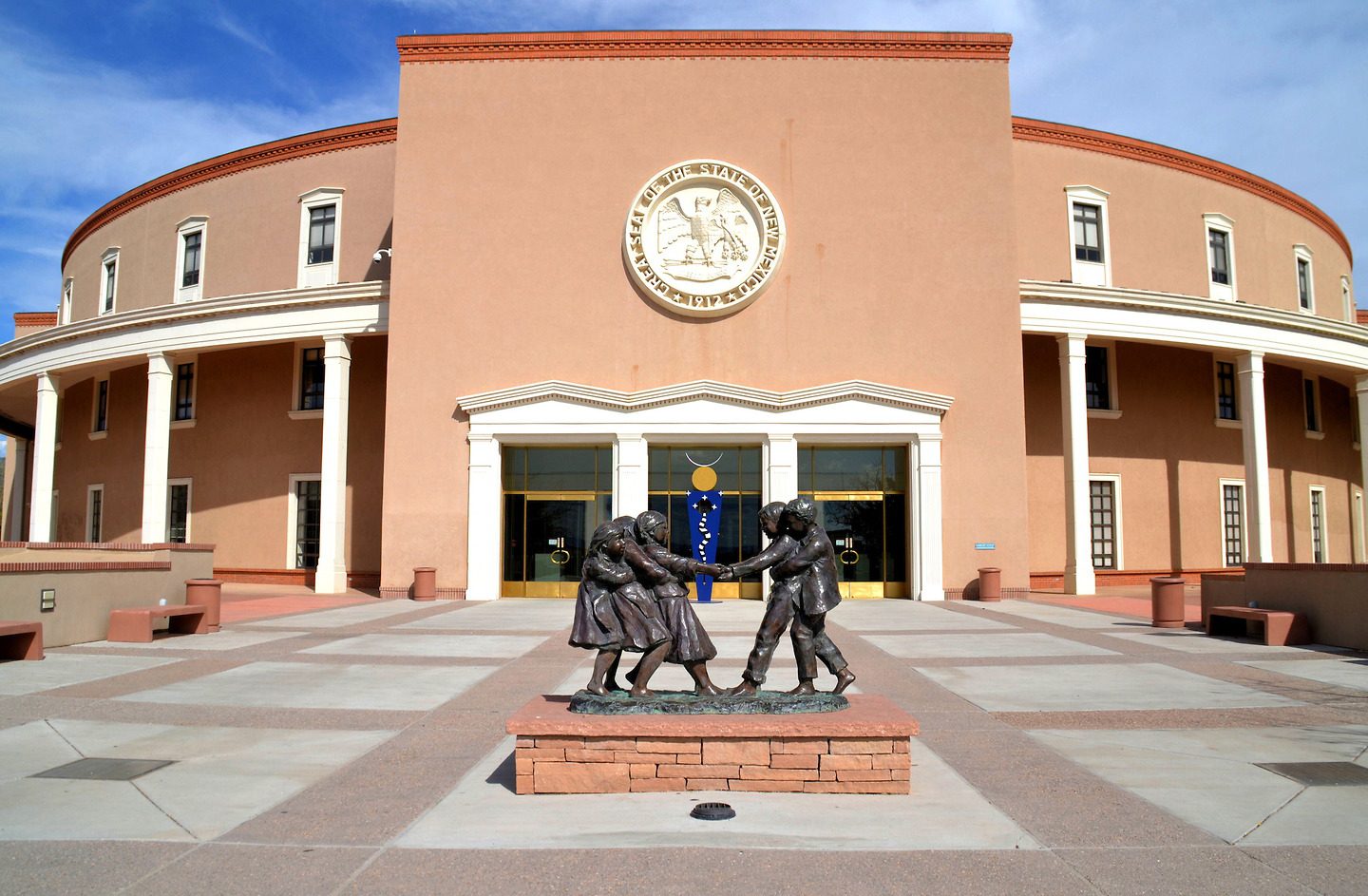Texas appears to be paying a secretive Republican political operative $120,000 annually to work behind the scenes on redistricting

A Republican redistricting operative whose clandestine work helped drag Wisconsin into a legal morass last decade appears to now be on the payroll of the Texas Legislature as lawmakers work to redraw maps that will determine the distribution of political power for years to come.
The operative, Adam Foltz, was part of the team that helped craft Wisconsin’s legislative maps after Republicans took control of that state Legislature in 2010. Foltz played a key role in a tight-lipped and questionable redrawing process that shut out Democrats and drew the condemnation of federal judges who described it as “needlessly secret,” according to court records.
Foltz may now be playing a behind-the-scenes role in Texas. The Capitol’s internal staff directory, to which The Texas Tribune obtained access, shows Foltz is working for the House Redistricting Committee. His office and phone number in that directory match those of the committee’s staff office in the Capitol basement, but at least one Democrat on the committee said they had not been advised of his involvement. Foltz has not been a visible part of the committee’s public-facing work.
Though Foltz is assigned to the House Redistricting Committee, state employment records show that Foltz is actually on the payroll of the Texas Legislative Council, a nonpartisan state agency that supports the Legislature in drafting and analyzing proposed legislation — and manages the internal mapping tool lawmakers use to redraw political maps. During the redistricting process, the council also plays a crucial role in providing demographic and election results for lawmakers’ proposed maps.
Records show Foltz was hired by the agency under the title of “legislative professional” on May 17 at a $120,000 annual salary. But Kimberly Shields, the council’s assistant executive director, said in an email that Foltz reports to state Rep. Todd Hunter, the Corpus Christi Republican who chairs the redistricting committee.
“While Mr. Foltz is on the legislative council payroll, he is considered an employee of the House Redistricting Committee, and his hiring and duties are entirely within the purview of Chairman Hunter,” Shields said in an email. “The council provides support on request to the house and senate in many situations, including occasionally covering the salary of a staff member. We don’t have any other committee employees on our payroll.”
Hunter did not respond to questions about Foltz’s involvement in the mapping process.
“The work of redistricting is never easy, but I am fully committed to a fair process and I look forward to working with my fellow members of this committee on the task at hand,” Hunter said in a February statement when he was first appointed to chair the committee by House Speaker Dade Phelan, R-Beaumont.
A request for comment to the staff email assigned to Foltz also went unanswered. A spokesperson for Phelan declined to comment and referred questions to Hunter.
Texas lawmakers are currently in session in Austin to redraw the state’s legislative and congressional maps to reflect a decade’s worth of population growth. The census showed people of color were behind 95% of the state’s growth since 2010 — about 4 million new residents — with Hispanic Texans responsible for half of that growth.
The redistricting process has always been complex and contentious in Texas, requiring repeated federal intervention to protect Hispanic and Black voters. In each of the last four redistricting cycles, either a federal court or the U.S. Department of Justice determined that Texas did not comply with federal protections for those voters. This year’s effort will mark the first time in decades that Texas lawmakers — Republicans are again in full control of the process — will be allowed to redraw maps without the federal supervision that prevented states with discriminatory track records from enacting new maps until they were reviewed to ensure they didn’t pull back on the voting rights of people of color.
Foltz’s involvement in Wisconsin’s 2011 redistricting was shrouded in controversy. He was hired as a staff member for the Speaker of the Assembly to help redraw the state’s maps following the 2010 census. Though he was an aide to the speaker, Foltz and another staffer worked out of a law firm that was also brought on to help with the process.
He held meetings there under what a federal court called a “cloak of secrecy” with every Republican member of the State Assembly — but no Democrats — who were each required to sign confidentiality agreements that bound them from discussing what was said. Despite Republican efforts to keep them secret, documents released during the litigation over the maps Foltz helped draw showed that he was also asked to help witnesses prepare their public testimony in support of them.
A federal court that considered the state’s maps eventually found violations of the Voting Rights Act in two assembly districts where map drawers improperly diluted the vote of Latinos. In that ruling, the court said the drafting of the maps was “needlessly secret, regrettably excluding input from the overwhelming majority of Wisconsin citizens.”
As the case dragged on over legal squabbles about emails Republicans had not initially turned over, the court criticized the secretive process in which Foltz was involved while he worked on the maps from the offices of the private law firm.
“Without a doubt, the Legislature made a conscious choice to involve private lawyers in what gives every appearance of an attempt — albeit poorly disguised — to cloak the private machinations of Wisconsin’s Republican legislators in the shroud of attorney-client privilege,” the court said in a 2012 ruling. “What could have — indeed should have — been accomplished publicly instead took place in private, in an all but shameful attempt to hide the redistricting process from public scrutiny.”
This article was originally posted on Texas appears to be paying a secretive Republican political operative $120,000 annually to work behind the scenes on redistricting



